

In the pulsating heart of global commerce, Chinese e-commerce is a towering testament to the nation's economic prowess and technological innovation. The prominence of Chinese e-commerce giants, such as Alibaba Group's TMall and JD.com, transcends borders, redefining the retail landscape with an unparalleled scale and influence. With a vast consumer base and an extensive product range, these platforms have become integral to millions' daily lives, shaping how people shop, connect, and conduct business.
China's e-commerce dominance is widespread by fierce competition among industry titans, each vying for market share and consumer loyalty. This intense rivalry fuels continuous innovation, leading to cutting-edge technologies, streamlined logistics, and groundbreaking marketing strategies. As the e-commerce arena evolves, the competition fosters an environment where adaptability and strategic acumen become paramount. This introduction sets the stage for exploring the dynamics, challenges, and opportunities inherent in the ever-evolving realm of Chinese e-commerce.
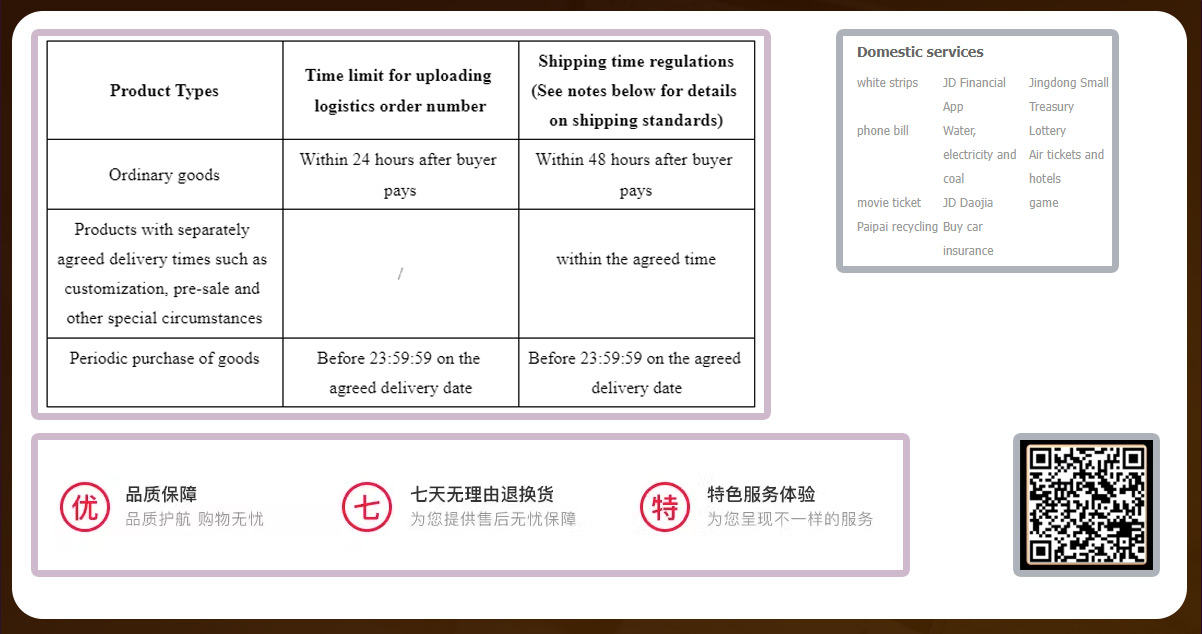
The need to scrape Chinese e-commerce platforms has become increasingly evident in the fast-paced and competitive online retail landscape. Platforms like TMall, JD.com, and others hold a wealth of data crucial for businesses aiming to thrive in the expansive Chinese market. Scrape TMall and JDmall App Data to collect valuable insights into consumer behaviors, market trends, and competitor strategies. Analyzing product listings, pricing dynamics, and customer reviews through scraping Tmall and JDmall app data enables businesses to make informed decisions, optimize their product offerings, and refine pricing strategies. Moreover, this data is instrumental in enhancing marketing initiatives, tailoring promotions, and staying agile in response to rapidly changing market demands. In a market driven by innovation and intense competition, extracting Chinese e-commerce websites emerges as an indispensable tool, empowering businesses with the intelligence needed to gain a competitive edge, adapt to evolving trends, and strategically position themselves for success.
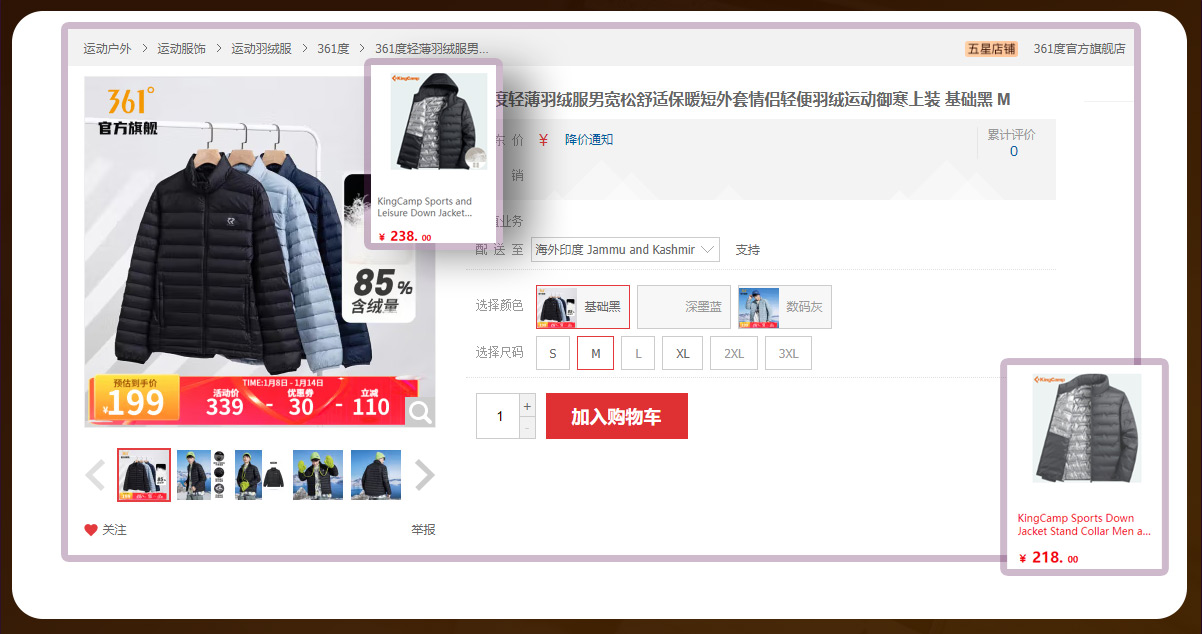
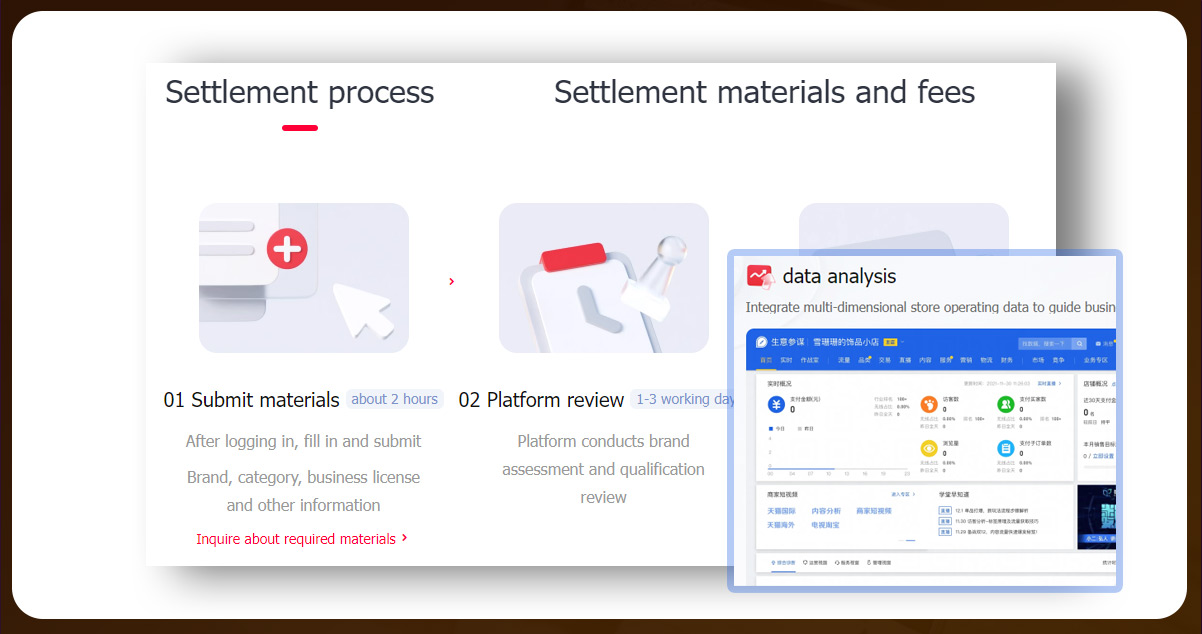
Tmall, a flagship platform of Alibaba Group, stands as China's premier online retail marketplace. Renowned for its vast product selection, Tmall hosts many brands, offering authenticity and quality assurance. Catering to domestic and international consumers, it has become dominant in Chinese e-commerce. Tmall empowers businesses to reach a massive audience, fostering growth and innovation. With its user-friendly interface and commitment to customer satisfaction, Tmall continues to shape the retail landscape, exemplifying the dynamism of Chinese online commerce. Scrape Tmall data to unlock unparalleled market insights, analyze consumer behavior, track competitor strategies, and optimize your business for success in the dynamic landscape of Chinese e-commerce.
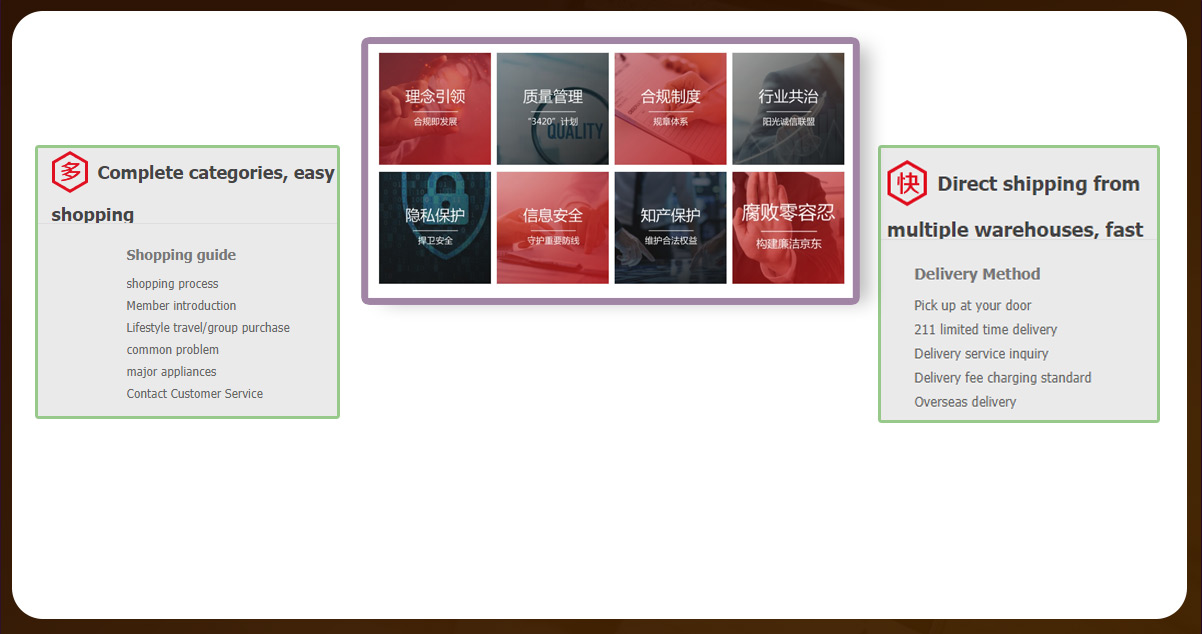
JD Mall, part of JD.com, is a prominent Chinese online shopping platform renowned for its commitment to authenticity and diverse product offerings. As a leading player in the e-commerce landscape, JD Mall provides consumers various quality products, spanning electronics, fashion, and more. JD Mall focuses on customer satisfaction and employs cutting-edge logistics to ensure timely deliveries. The platform's trusted reputation and dedication to innovation solidify its position as a major force in China's thriving online retail industry.
Scrape JD Mall data to gain valuable market insights, analyze product trends, refine pricing strategies, and stay ahead in the competitive landscape of Chinese e-commerce. Harnessing the power of JD Mall data allows businesses to optimize their operations, understand consumer preferences, and make informed decisions for sustained growth and success in the dynamic online retail market.
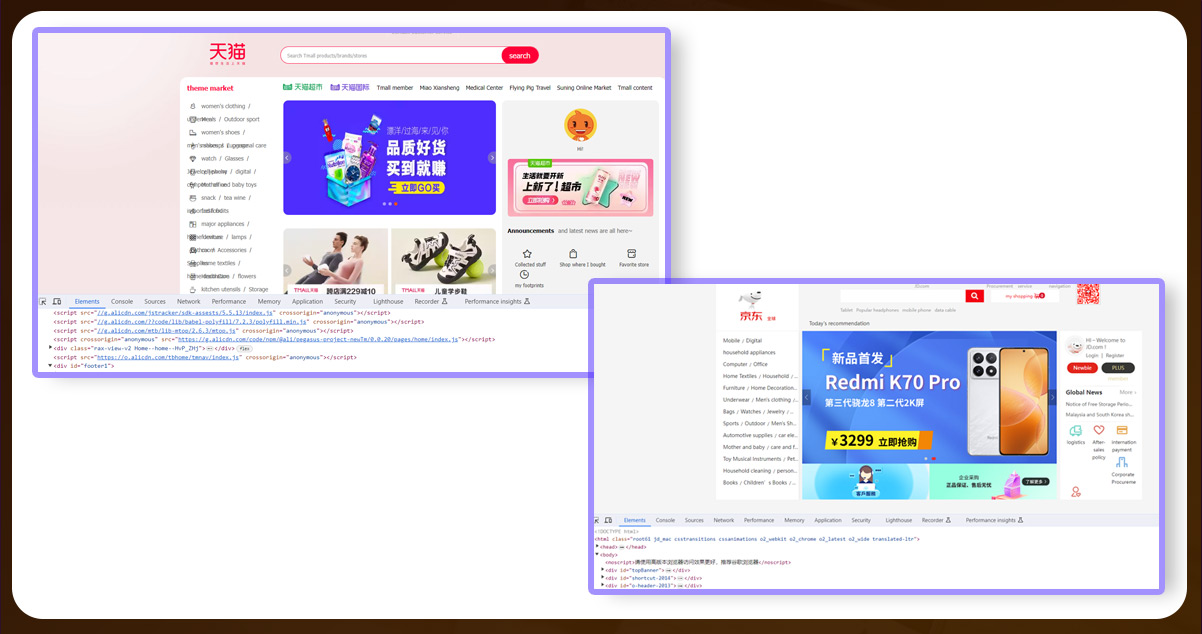
Detailed Review: Before initiating data scraping activities, businesses need to meticulously review the terms of service outlined by TMall and JDMall. Strict adherence to these policies is imperative to avoid potential legal ramifications and maintain a positive standing on the platforms.
Robust Security Measures: Businesses undertaking retail data scraping must prioritize data security. Implementing robust measures ensures the protection of sensitive information, such as customer data, and guarantees compliance with stringent data protection regulations.
Flexibility and Adaptability: The ever-evolving nature of e-commerce platforms necessitates constant updates to website structures. E-commerce data scrapers must exhibit adaptability, ensuring their algorithms can seamlessly adjust to changes, thereby maintaining efficiency and accuracy in data extraction.
Consent-Centric Approach: Data scraping should avoid collecting personally identifiable information without explicit user consent. Respecting user privacy is paramount to fostering trust and maintaining ethical integrity.
Preventing Unfair Practices: When analyzing competitor data, businesses must exercise caution to avoid unfair practices. The use of scraped data should be guided by ethical principles, refraining from any actions that could be malicious or against fair competition.
Navigating these challenges and considerations with diligence ensures that businesses can harness the benefits of data scraping from TMall and JDMall while maintaining legal compliance, data security, and ethical integrity in their operations.
Now, let's understand the difference between scraping Tmall and JD mall Web data and app data.
The critical difference between scraping TMall and JDMall web data versus app data lies in the source and structure of the data and the methods required for extraction. Here are the primary distinctions:
Conclusion: While the goal of scraping TMall and JDMall remains similar, the methods and considerations differ between web and app data. Successful scraping requires understanding the unique structures and technologies employed by each platform, along with adherence to ethical and legal considerations.
Feel free to get in touch with iWeb Data Scraping for comprehensive information! Whether you seek web scraping service or mobile app data scraping, our team can assist you. Contact us today to explore your requirements and discover how our data scraping solutions can provide you with efficiency and reliability tailored to your unique needs.